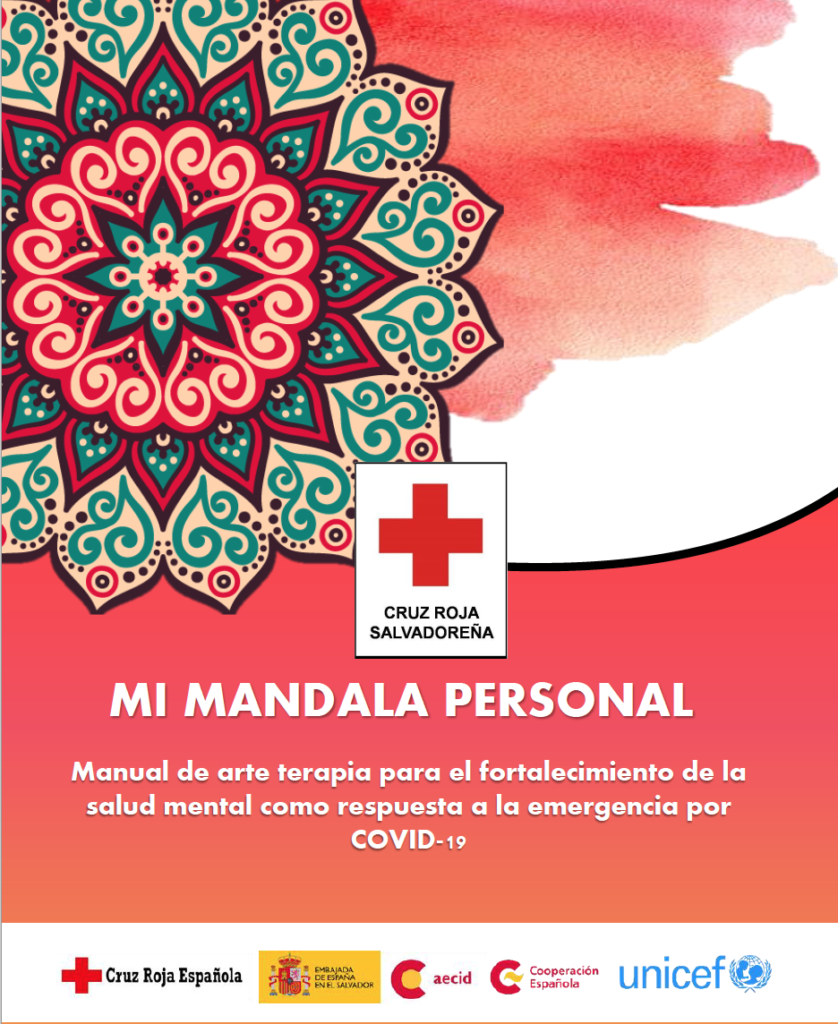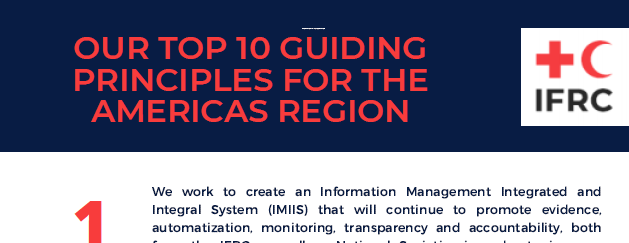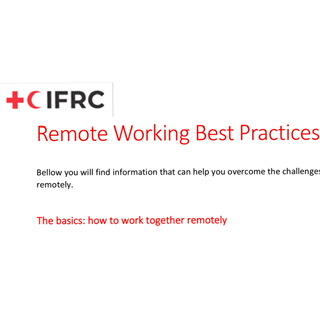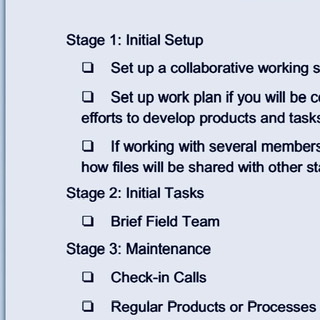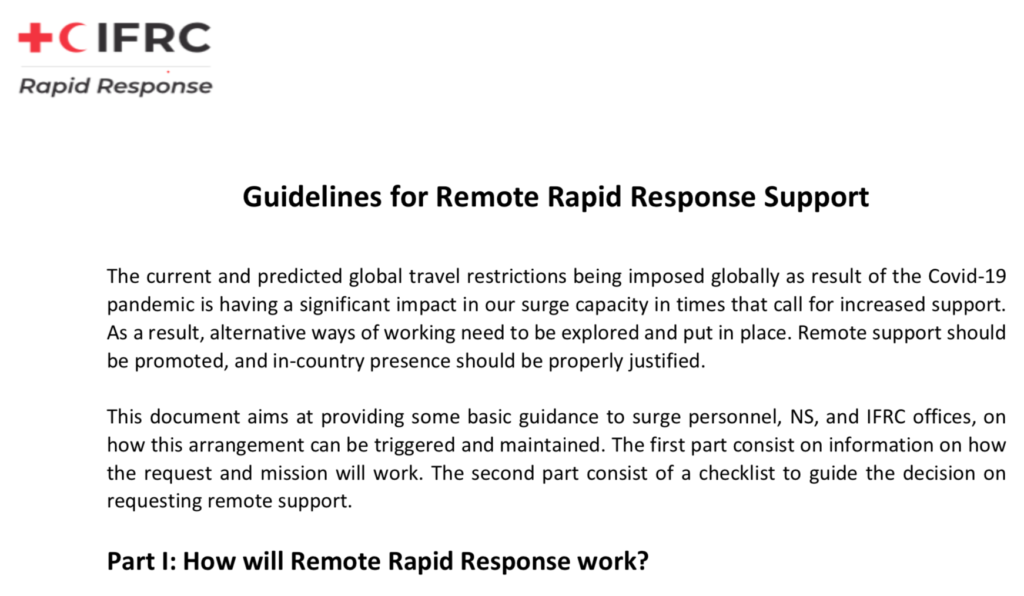Mi Mandala Personal (COVID-19)
“Manual de arte terapia para el fortalecimiento de la salud mental como respuesta a la emergencia por COVID-19” es un documento creado por la Unidad de Atención Psicosocial de Cruz Roja Salvadoreña, gracias a la asistencia técnica y financiera de Cruz Roja Española. El material es una adaptación de la técnica “Mi Mandala Personal” desarrollada […]
Mi Mandala Personal (COVID-19) Read More »

